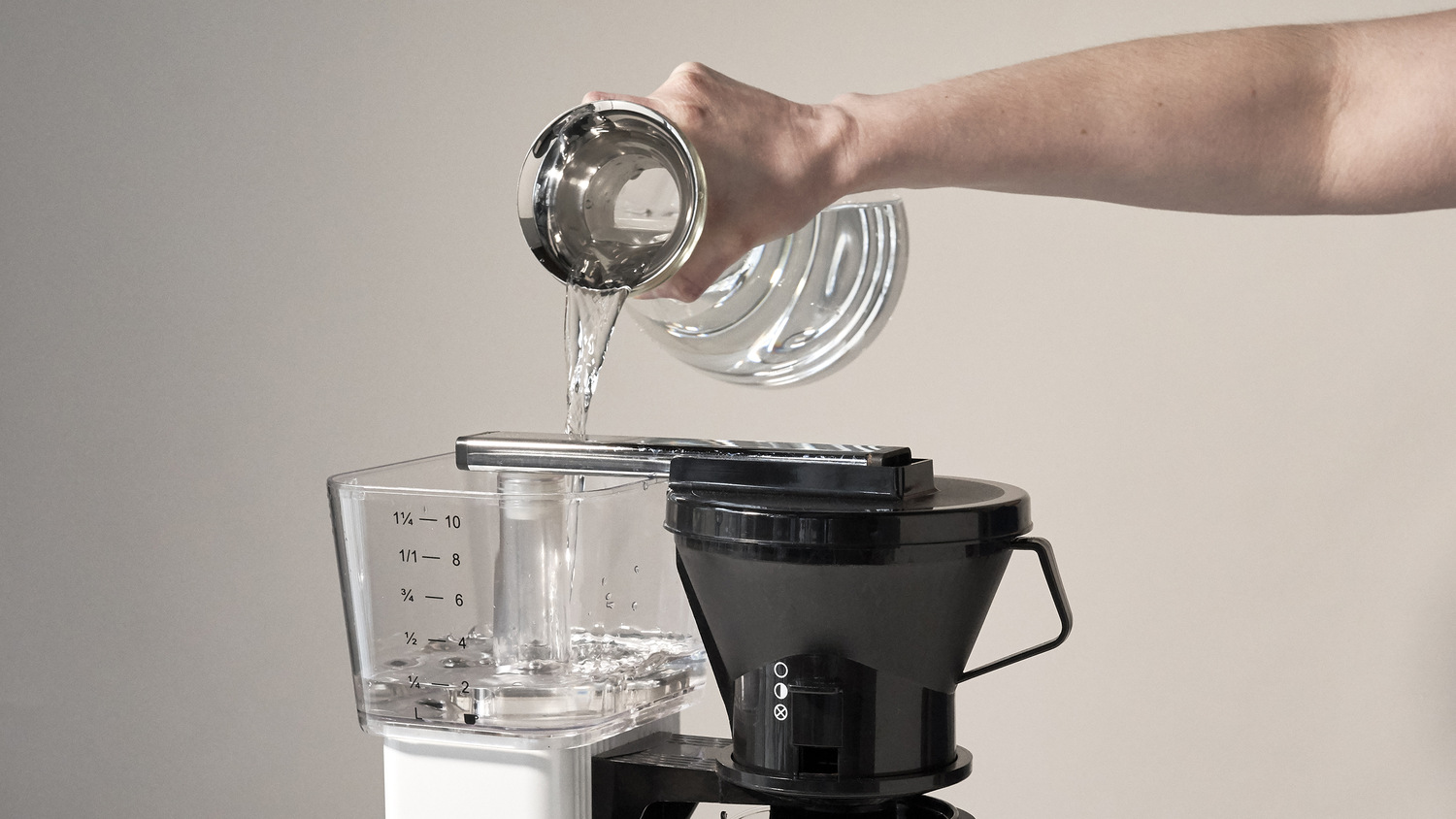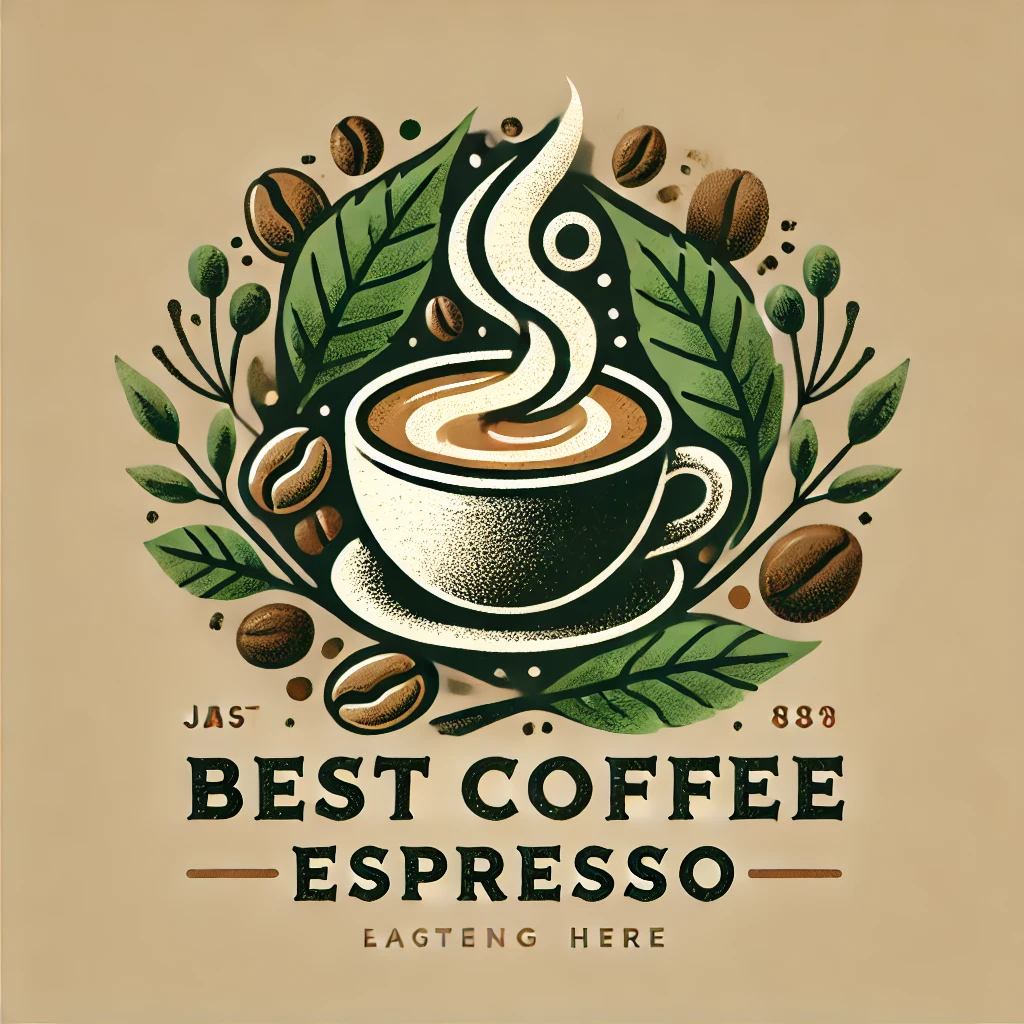No, a coffee machine does not boil water. It heats water to around 200°F, below boiling point.
Coffee machines are essential for many morning routines. They heat water to an optimal temperature for brewing coffee. This temperature, typically around 200°F, ensures the best extraction of flavors from coffee grounds. Boiling water can burn the coffee, resulting in a bitter taste.
The precise heating element in a coffee machine is designed to avoid this issue. Whether you prefer drip coffee makers or espresso machines, the principle remains the same. Understanding this helps in appreciating why coffee from a machine tastes just right.
Investing in a good coffee machine can significantly improve your daily coffee experience. Enjoy better-tasting coffee with the right equipment.

How Coffee Machines Work
Coffee machines are popular appliances in many homes and offices. They provide a quick and easy way to brew coffee. Understanding how they work can help you make the best use of your machine.
Basic Components
A coffee machine has several basic components that work together:
Water Reservoir: Holds the water used for brewing.
Heating Element: Heats the water to the right temperature.
Shower Head: Distributes hot water over the coffee grounds.
Filter Basket: Holds the coffee grounds.
Carafe: Collects the brewed coffee.
Brewing Process
The brewing process in a coffee machine involves several steps:
Fill the water reservoir with cold water.
The heating element heats the water.
Hot water moves to the shower head.
Water is sprayed over the coffee grounds in the filter basket.
Brewed coffee drips into the carafe.
The heating element does not boil the water. It heats the water to around 200°F (93°C). This is the ideal temperature for brewing coffee. Boiling water can make coffee taste bitter.

Temperature Requirements
Understanding the temperature requirements for brewing coffee is essential. The right temperature ensures that you extract the best flavors from your coffee beans. Let’s dive into the details of the ideal brewing temperature and the boiling point of water.
Ideal Brewing Temperature
The ideal brewing temperature for coffee is between 195°F and 205°F (90°C and 96°C). Coffee brewed at this temperature range extracts the best flavors. Brewing below 195°F may result in under-extraction. This makes the coffee taste weak and sour. Brewing above 205°F can cause over-extraction. This makes the coffee taste bitter and burnt.
Most modern coffee machines are designed to heat water to this ideal range. This ensures the perfect cup of coffee every time.
Boiling Point Of Water
The boiling point of water is 212°F (100°C) at sea level. But coffee should not be brewed at boiling point. Boiling water can scorch the coffee grounds. This results in a bitter taste. Using water just below boiling is ideal.
Different altitudes can change the boiling point of water. At higher altitudes, water boils at lower temperatures. Coffee machines adjust for these variations to maintain the ideal brewing temperature.
Here is a table showing the boiling points of water at different altitudes:
Altitude (feet) | Boiling Point (°F) |
|---|---|
0 (sea level) | 212 |
2,000 | 208 |
5,000 | 203 |
10,000 | 194 |
Knowing these details helps you understand how your coffee machine works. It ensures that you get the best-tasting coffee each time you brew.
Types Of Coffee Machines
Coffee machines come in many types, each with unique features. Some machines do more than just brew coffee. They can boil water too. Understanding the different types can help you choose the best one.
Drip Coffee Makers
Drip coffee makers are common in homes and offices. They are easy to use and affordable. These machines work by dripping hot water over ground coffee. The hot water extracts the coffee’s flavor. The water then drips into a pot below.
Drip coffee makers can boil water. The water needs to be very hot to make good coffee. Most models heat water to around 200°F. This is just below boiling point.
Some drip coffee makers come with extra features. These might include:
Programmable timers
Built-in grinders
Adjustable brew strength
Espresso Machines
Espresso machines are popular among coffee lovers. They make strong, rich coffee by forcing hot water through fine coffee grounds.
These machines can boil water as well. They heat water to high temperatures, usually around 200°F. This high heat is necessary to create the pressure needed for espresso.
Espresso machines come in several types:
Manual: Require skill to use
Semi-Automatic: Offer some control
Automatic: Easy to use
Super-Automatic: Do everything for you
Many espresso machines have extra features. These might include:
Milk frothers
Programmable settings
Built-in grinders
Type | Boils Water | Features |
|---|---|---|
Drip Coffee Maker | Yes | Timers, Grinders, Brew Strength |
Espresso Machine | Yes | Frothers, Programmable, Grinders |
Do Drip Coffee Makers Boil Water?
Many coffee enthusiasts often wonder, Do drip coffee makers boil water? Understanding the inner workings of these machines can clarify this question. Let’s dive into the specifics.
Heating Mechanism
Drip coffee makers use a specific heating mechanism. Water flows from the reservoir to a heating element. This element is typically made of aluminum or a similar metal. The water heats up as it passes through this element.
This process ensures the water reaches the right temperature. The heated water then moves through a tube to the coffee grounds. This is where the brewing magic happens.
Temperature Achieved
The crucial question remains: Do drip coffee makers boil water? The answer is no. Drip coffee makers do not boil water. They heat the water to a temperature below boiling point.
Most drip coffee makers heat water to 195-205°F (90-96°C). This is the optimal temperature for brewing coffee. Boiling water, at 212°F (100°C), can be too hot for coffee grounds. It can lead to over-extraction and a bitter taste.
Temperature Range | Purpose |
|---|---|
195-205°F (90-96°C) | Optimal for brewing coffee |
212°F (100°C) | Boiling point of water |
In summary, drip coffee makers heat water, but they do not boil it. This precise temperature control is key for a perfect cup of coffee.
Do Espresso Machines Boil Water?
Many people wonder if espresso machines boil water. The short answer is no. Espresso machines heat water but don’t bring it to a boil. These machines use different methods to achieve the right temperature for brewing coffee.
Boiler System
Espresso machines often have a boiler system. This system heats water to the perfect temperature. The typical range is between 190°F and 205°F. Water in this range extracts the best flavors from coffee grounds.
The boiler system includes a heating element. This element warms the water quickly and efficiently. The water never reaches boiling point, which is 212°F. Boiling water would ruin the coffee flavor.
Some machines have dual boilers. One boiler heats water for brewing. The second boiler heats water for steaming milk. This dual system offers better control over the brewing and steaming process.
Steam Pressure
Espresso machines also rely on steam pressure. The pressure forces hot water through the coffee grounds. The ideal pressure is around 9 bars. This pressure creates rich, creamy espresso shots.
Steam pressure is generated by the boiler. As the water heats, it creates steam. The steam builds up pressure inside the machine. This pressure is then used to brew the espresso.
Some espresso machines use a steam wand. The wand froths milk for lattes and cappuccinos. The steam wand uses the same pressure system as the brewing process.
Impact On Coffee Taste
Coffee machines play a crucial role in brewing a perfect cup of coffee. The boiling water impacts the coffee’s taste significantly. Understanding how this process affects flavor can improve your coffee experience.
Flavor Extraction
Proper water temperature is vital for extracting coffee flavors. The optimal range is 195°F to 205°F (90°C to 96°C). Boiling water, at 212°F (100°C), may extract too quickly or unevenly.
Balanced Extraction: Correct temperature ensures balanced extraction.
Rich Flavors: It brings out the coffee’s rich flavors and aromas.
Smooth Texture: Ensures a smooth, enjoyable texture.
Over-extraction Risks
Boiling water can lead to over-extraction. This affects the coffee’s taste negatively. Over-extracted coffee often tastes bitter and unpleasant.
Problem | Effect |
|---|---|
Over-Extraction | Bitter Taste |
Uneven Extraction | Inconsistent Flavor |
Maintaining the right temperature prevents these issues. Ensuring your coffee machine doesn’t boil water is key.
Frequently Asked Questions
Does A Coffee Machine Boil Water?
No, most coffee machines heat water just below boiling. Typically, they heat up to around 200°F.
How Hot Does A Coffee Machine Get?
Coffee machines usually heat water to about 200°F. This is just below boiling point.
Can A Coffee Machine Make Tea?
Yes, a coffee machine can make tea. Simply use tea leaves or tea bags instead of coffee.
Why Doesn’t My Coffee Machine Boil Water?
Boiling water can make coffee taste bitter. Coffee machines heat water to the optimal brewing temperature.
Conclusion
Understanding whether a coffee machine boils water helps in making informed purchase decisions. While most coffee machines heat water to optimal brewing temperatures, they typically do not reach boiling point. Knowing this distinction ensures you choose the right appliance for your needs, enhancing your coffee experience.
Always check product specifications for precise details.
